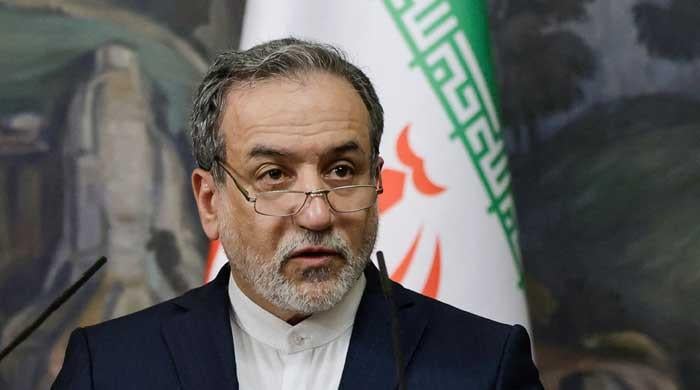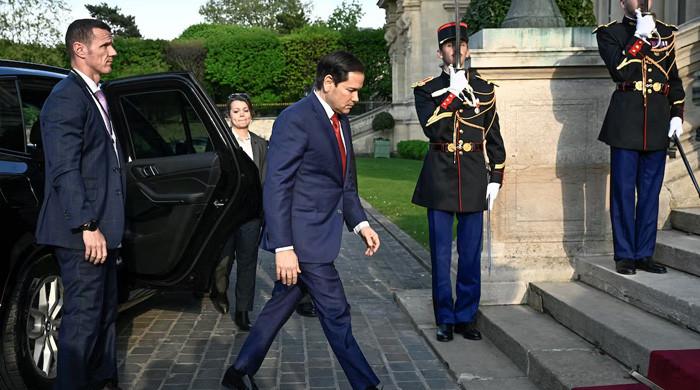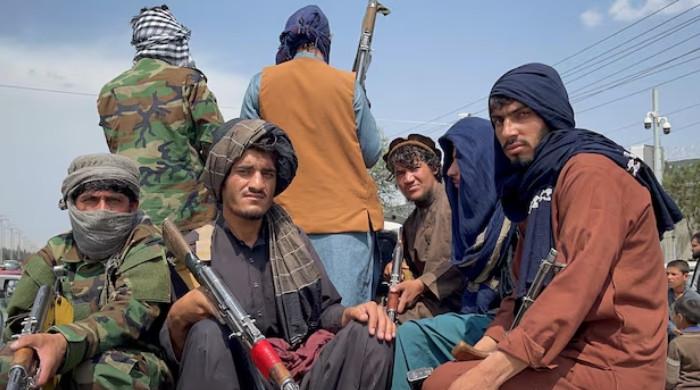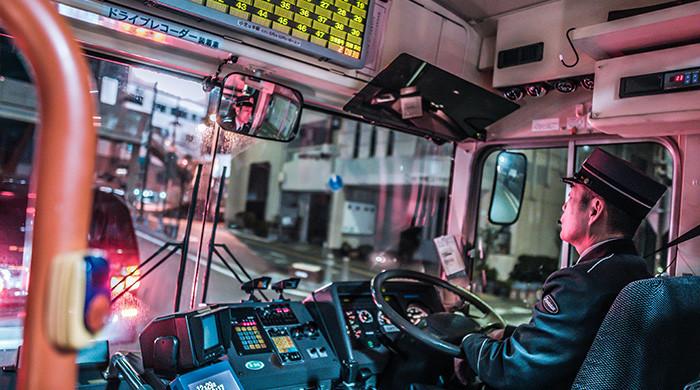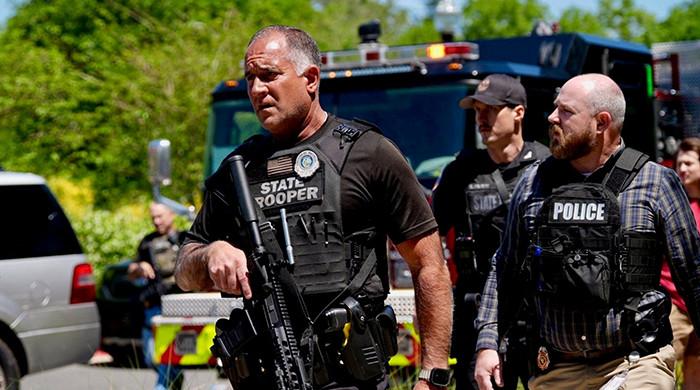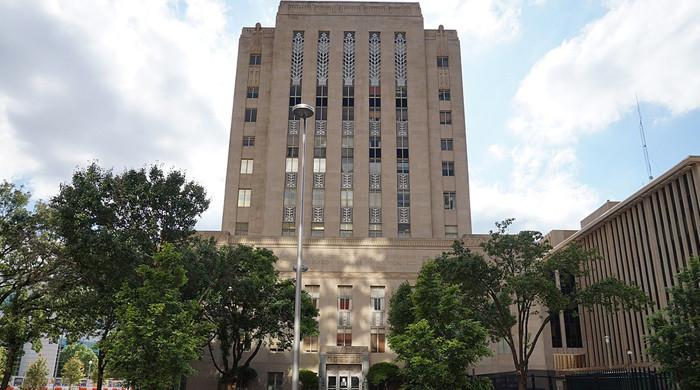Bangladesh chief justice, central bank governor quit amid protests
Top judge Obaidul Hassan and central bank governor Abdur Rouf resign over protesting students' demand
August 10, 2024
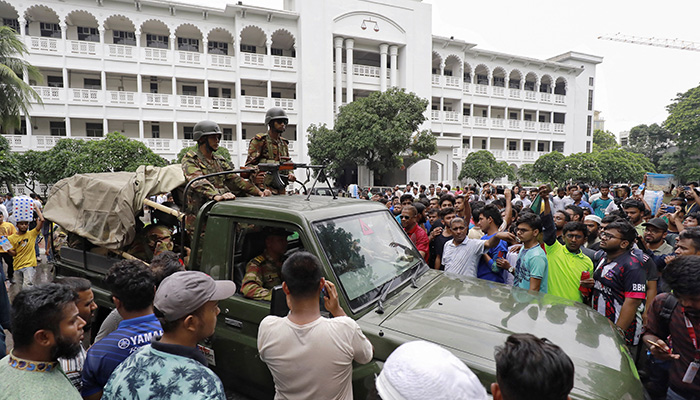
- Adviser to caretaker govt urges protesters to remain peaceful
- Central bank Governor Abdur Rouf's resignation "not accepted".
- 4 deputy governors forced to resign following protests days earlier.
Bangladesh's chief justice and central bank governor have resigned, officials said on Saturday, as student protests that forced Prime Minister Sheikh Hasina to flee have widened to target more officials appointed during her time in office.
Chief Justice Obaidul Hassan resigned, the law ministry's adviser Asif Nazrul said in a Facebook video post, after students warned him of "dire consequences" if he did not. Reuters could not immediately contact Hassan.
Nazrul, an adviser in the new caretaker government, urged protesters to remain peaceful. "Don't damage any public property," he said in the post.
Bangladesh Bank Governor Abdur Rouf Talukder has also resigned but his resignation has not been accepted given the importance of the position, finance ministry adviser Salehuddin Ahmed told reporters. Reuters could not contact Talukder.
Days earlier, four deputy governors were forced to resign after about 300 to 400 bank officials protested against what they said was corruption by top officials.
The vice chancellor of Dhaka University, ASM Maksud Kamal, has also resigned, the university said. Reuters was unable to contact Kamal.
The university has been the epicentre of deadly protests that escalated in July against quotas in government jobs before morphing into an oust-Hasina campaign.
Hasina has been sheltering in New Delhi since Monday following the uprising that killed about 300 people, many of them students, ending her uninterrupted rule of 15 years in the South Asian nation of 170 million people.
Since her departure, the country has also seen the appointment of a new police chief as part of a shake-up of the security top brass that also included a new head of the technical intelligence monitoring agency and changes among senior army officials.




